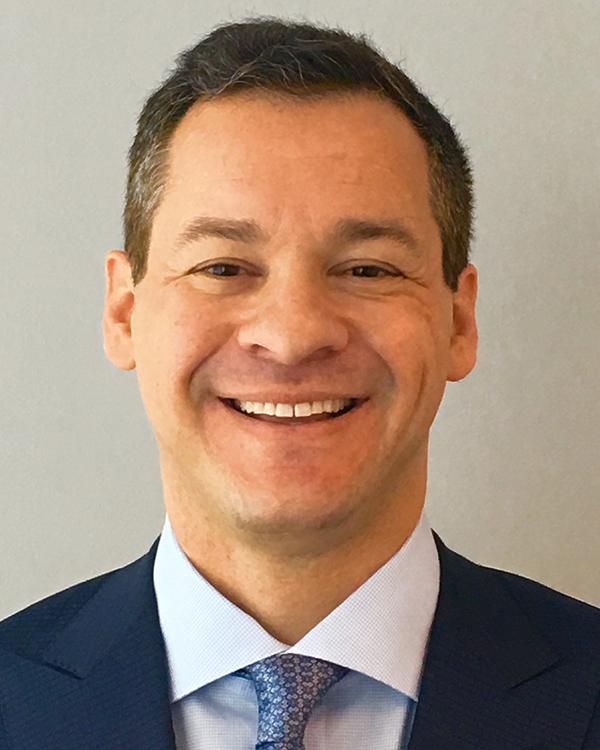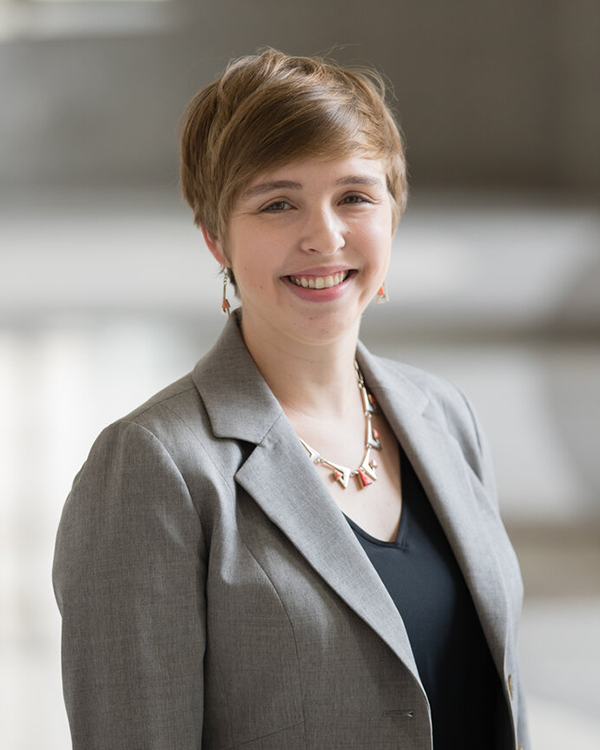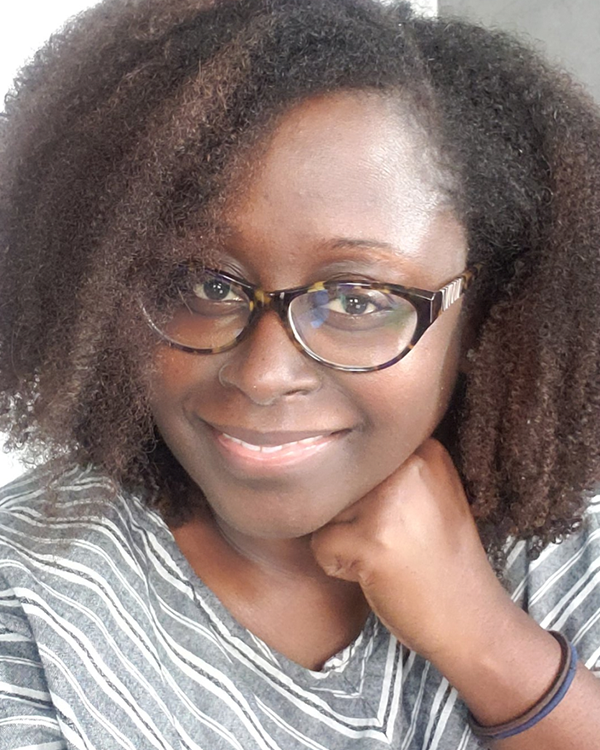
Jared Genser
International Human Rights Lawyer, Neurorights Foundation
Known as “The Extractor” by The New York Times for his extraordinary success in freeing political prisoners worldwide, Jared Genser is a globally recognized international human rights lawyer whose work sits at the critical intersection of technology, liberty, and power. As Managing Director of Perseus Strategies and Special Advisor on the Responsibility to Protect at the Organization of American States, Genser brings decades of experience defending individual autonomy and freedom against authoritarian systems. His current work as General Counsel to the Neurorights Foundation and as a Senior Tech Fellow of Harvard University’s Carr-Ryan Center for Human Rights puts him at the forefront of a new frontier—defending mental privacy and agency in the age of neurotechnology and AI. From advising Nobel Laureates and heads of state to drafting rights frameworks for future technologies, Genser brings unparalleled insight into how law and governance must evolve to promote innovation, protect human rights, and ensure the ethical development of neurotechnologies.

Melissa Griffith
Assistant Professor, Technology & National Security
Dr. Melissa K. Griffith is a national security expert whose work explores how states can mitigate the risks and seize the benefits of critical technologies, including AI, semiconductors, 5G, and cyberspace/security. As a Lecturer at Johns Hopkins School of Advanced International Studies (SAIS) and senior advisor to the Emerging Technologies Initiative, she examines how technology infrastructure and data flows shape state power, national security, societal resilience, and economic statecraft in the digital era. Her experience spans leading academic and policy institutions, including Stanford, Berkeley, and the Wilson Center, making her a critical voice on the intersection of technology and national security.

Katie Hester
Senator, Cybersecurity & Online Privacy
Senator Katie Fry Hester is helping shape the legal and ethical guardrails for our digital future. As Deputy Majority Whip and Chair of the Joint Committee on Cybersecurity, Information Technology, and Biotechnology in the Maryland State Senate, she sponsored the groundbreaking Artificial Intelligence Governance Act of 2024 - one of the nation’s strongest state laws ensuring responsible AI use in government. The law codifies the Governor’s Cabinet on Artificial Intelligence, mandates a statewide AI Roadmap, and requires agencies to assess risks before deploying AI systems. She also co-sponsored the Maryland Online Data Privacy Act, expanding consumer control over personal data, and led passage of SB 360, prohibiting the distribution of non-consensual sexual imagery (deepfakes). Senator Hester proudly represents Maryland’s 9th District, where she champions thoughtful, bipartisan solutions to the challenges facing her community and state. She holds a degree in Agricultural and Biological Engineering from Cornell University and lives in Howard County with her husband and two daughters.

Chris Honey
Associate Professor, Computational Cognitive Neuroscience
Dr. Christopher Honey investigates how our brains stitch together moments of experience into a coherent narrative—research that is increasingly vital as immersive technologies reshape our perception of reality. A Professor at Johns Hopkins University, he leads a lab exploring how brain rhythms, temporal integration, and neural connectivity inform cognition, memory, and attention. His work on how the brain processes sequences and sustains mental context speaks directly to concerns that technology may alter attention, agency, and truth perception in subtle but profound ways.

Paul Rodrigues
Chief Artificial Intelligence Officer, Microsoft
Dr. Paul Rodrigues is the Chief Artificial Intelligence Officer of Microsoft's National Security Group and Partner (NSGP) Team, where he supports AI efforts across US federal customers and the defense industrial base. Before Microsoft, Dr. Rodrigues was Principal Director of Data Science Innovation and the Natural Language Processing (NLP) Science Director at Accenture Federal Services (AFS), where he coordinated NLP efforts across Accenture's US federal client accounts. He started and led the AFS NLP Community of Practice, a group comprised of over 350 members. Dr. Rodrigues played a pivotal role in training upwards of 700 professionals, including data scientists, machine learning engineers, and data visualization specialists, within the AFS Data and AI Practice.

Gloria Washington
Associate Professor, Human-Centered AI
Dr. Gloria Washington is a leading voice in human-centered AI, asking the urgent question: how can technology be designed to evoke empathy rather than erode it? As Associate Professor at Howard University and head of the Affective Biometrics Lab, her research focuses on the emotional and societal dimensions of emerging technologies—particularly how they affect underserved communities. With expertise in affective computing and biometric interfaces, Dr. Washington examines how tools like AI and XR can either amplify bias and manipulation or become vehicles for inclusion, emotional well-being, and social equity. Her work speaks directly to the heart of the PLAITS mission: preserving humanity in an increasingly digital world.